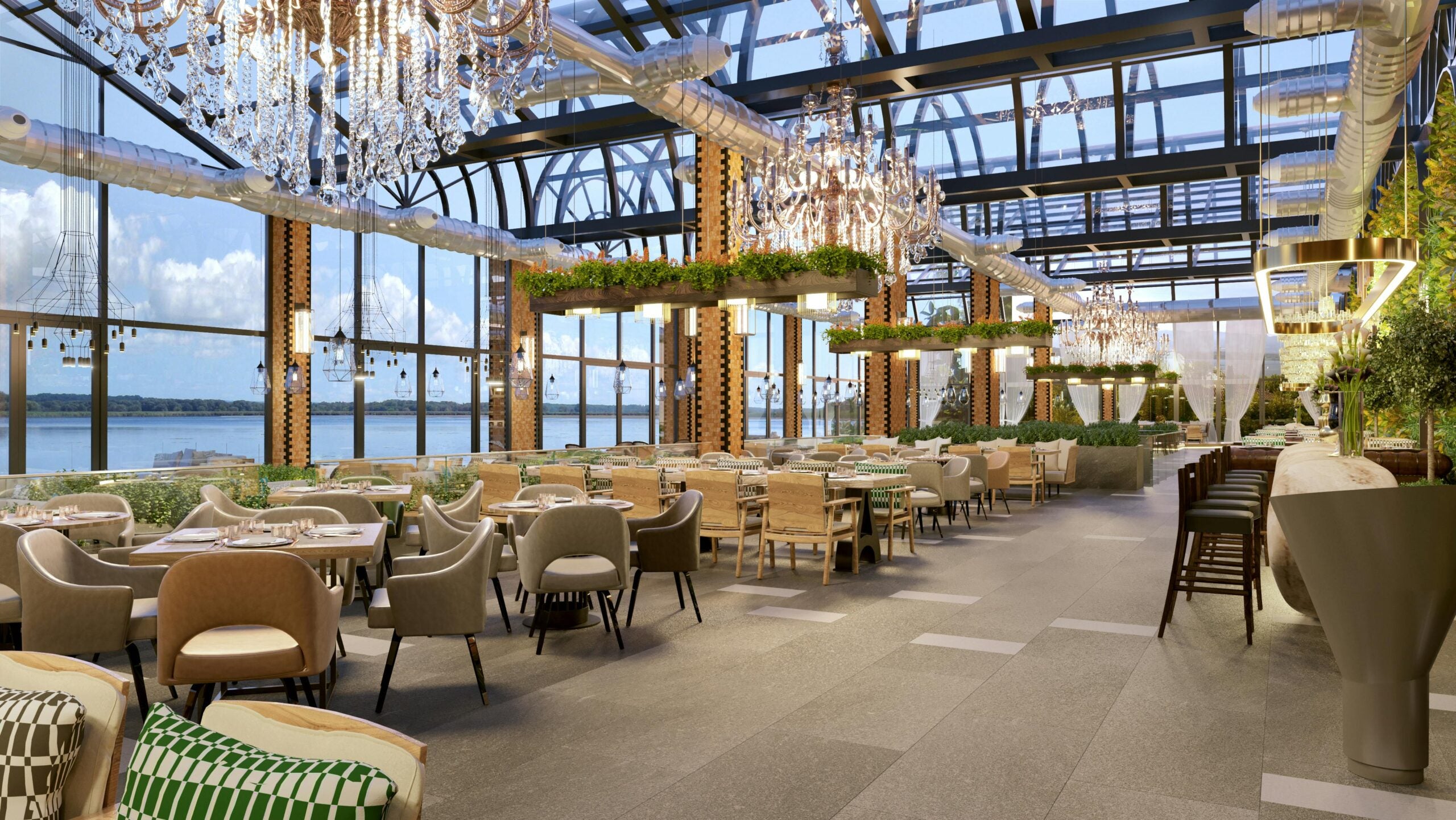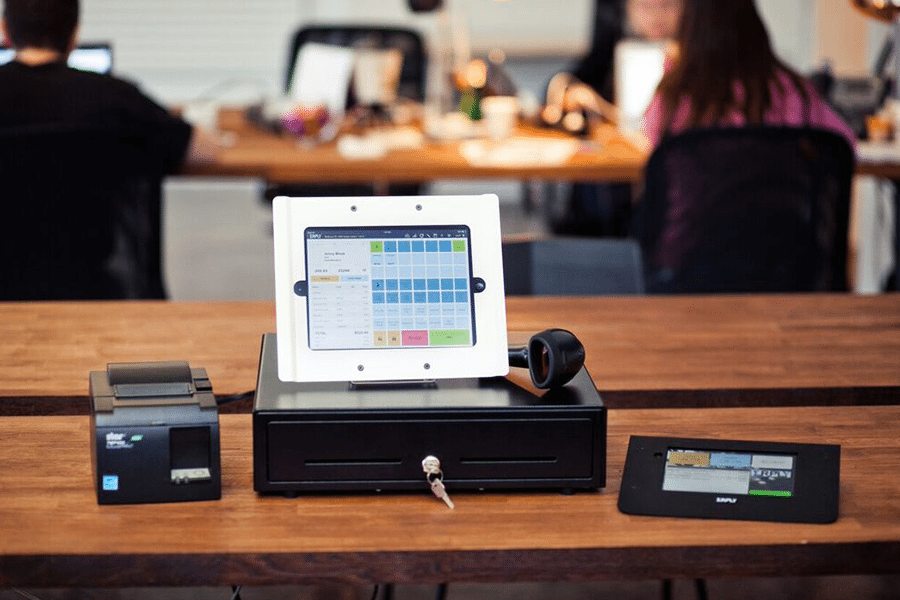Food trucks are energetic food businesses with a reputation for catching fire with local foodies. Food trucks, however, can also literally catch on fire. So, food truck insurance is a must for any new food truck business. Food truck insurance policies need to address the general liability any small business needs, plus cover food operations risks and include additional coverages for the vehicle itself and any staff you have.
This article is your guide to all the insurance coverage you need for a food truck. We’ll help you understand the costs and requirements and help ensure your food truck business is well-protected.
Why Food Truck Insurance Is Important
Food trucks look like a simple business, but they have a few complicating factors. They are both mobile and stationary, prepare a product that people consume, have employees that can get injured, and are packed with multiple types of flammable fuel from gasoline to cooking oil and propane for generators.
It can be tempting to skimp on your food truck insurance policy and only obtain the minimum coverage. But when looking for insurance for food trucks, you should remember:
- Due to the risk of fires on food trucks, the National Fire Protection Association (NFPA) actually started issuing fire safety guidelines specifically for food trucks in 2018.
- According to U.S. Bureau of Labor Statistics (BLS) data, workers in “special food services” like food trucks experience a higher incidence of work-related injuries compared to traditional brick-and-mortar restaurants.
- Food trucks do not require commercial driver’s licenses but have much larger blind spots than standard non-commercial vehicles.
- Food trucks are frequently driven to events and locations unfamiliar to the drivers, which can lead to accidents or unintentional property damage.
So, your food truck insurance needs to cover your truck in case of customer or employee accidents, vehicle accidents, food-borne illness, and other risks. Insurance for food trucks should also protect your business if you damage third-party property (like a commercial kitchen or private event space) while doing business with your truck.
What Is Food Truck Insurance?
Food truck insurance is the combination of insurance policies and coverages that, when combined, protect a food truck business in the case of an accident, theft, property damage, or other business-related incident.
Food truck businesses have all the standard risks that all small businesses face, like the risk that a customer could get injured at your workplace or that your property could get damaged in an accident.
Food truck businesses also assume the risks that come with preparing and serving food to the public. Anytime your customers actually ingest your product, there could be risks of food-borne illness, allergic reactions, or cross-contamination. Then there is the vehicle and any employees to consider.
These are the core insurance coverages that most food trucks need:
General Liability for Food Trucks
Food trucks must have general liability insurance to protect the business in the case of customer or third-party claims for advertising injury, bodily injury, or property damage. You’ll usually be asked to provide the licensing city with a certificate of insurance listing the city as an additional insured before you are issued a business license.
Most food business general liability policies include coverage specifically for product liability, which covers your food truck business in cases of foodborne illness, allergic reactions, or contaminated food. An advantage of general liability for food trucks is many insurers will offer a lot of endorsements or riders (the coverage rides along—like your truck!) to general liability specific to the restaurant industry. These can include liquor liability and even liability for a trailer if your food truck pulls one.
Read the coverage documents carefully; ensure that your insurance provider understands the needs of your food truck and knows how to adequately protect you.
Commercial Property
A food truck and associated cooking equipment are the core components of your business, and you likely laid out a lot of cash to obtain them. If you need a loan to fund your truck purchase, the lending institution will likely require a commercial property insurance policy to protect their (and your) investment. A commercial property policy covers “named” losses; these are specific types of loss that are listed in your policy. So, if you need coverage for fire or theft, you’ll need to make sure it is listed in your commercial property policy.
Your commercial property policy will likely be location-dependent. So, you also want to be clear about where the policy protects your truck and equipment and where it doesn’t. If you want to expand your truck operation into the next county or another market, make sure you update your commercial property coverage.
Food truck businesses can benefit from a business owner’s policy, also called a BOP. A BOP is a policy that combines general liability, commercial property, and lost business income into a single policy. A BOP is often more affordable than purchasing all three types of coverage separately.
Commercial Auto Insurance
Food trucks are your place of business, but they are also vehicles. Before licensing your truck to operate legally, every city will require you to have minimum commercial auto insurance. These limits may be higher than the limits set by your state for general commercial auto insurance. Though, you’ll need to ensure you meet the state minimum requirement, too.
Commercial auto insurance protects your business in the case of claims of damage and injury stemming from vehicular accidents. The levels of required coverage vary from location to location. Since food trucks are mobile businesses, you’ll need to check the requirements of each place where you want to do business to ensure you have the required coverages.
It is important to note that the minimum requirements noted by law typically only apply to your liability coverage. So, if your food truck gets in an accident and it is your fault, a minimum policy will only cover damage and loss to the other person’s vehicle. No funds will be allotted to repair or replace your vehicle.
Most food truck operators are better off paying for a commercial auto policy that also covers damage to their trucks. This also reduces your exposure if your truck is the victim of an auto accident and the other party is uninsured. You don’t want to risk losing your business because of a single accident.
Workers’ Compensation Insurance
Even if all you employ are family members, you’ll need workers’ compensation insurance. Most cities will want to see proof of this coverage before permitting your truck to operate. Workers’ compensation coverage protects your business when an employee injures themselves or becomes ill while working on your truck. All states except Texas and South Dakota require workers’ compensation insurance.
If you partner with a commercial kitchen to prepare and store your food, they will likely ask you to add them as an additional insured on your worker’s compensation policy. Staff are as likely to experience injuries in the commercial kitchen space as on your truck.
Specialty Coverages for Food Truck Insurance
Food trucks have unique operational wrinkles that increase their insurance needs, like a higher rate of workplace injuries and complications that arise from operating a mobile business.
Depending on your food truck type, you may need to consider additional coverages like:
Inland Marine Insurance
Inland marine insurance is a type of commercial property insurance that you can purchase for your equipment. While there are some, not many auto insurers will cover all of the kitchen equipment in your truck and any other property you use for your food truck business. An advantage of inland marine insurance is it insures the property—wherever it goes.
Liquor Liability Insurance
In many locations, food trucks are prevented from serving alcohol. If alcohol service is permitted in your area and you serve alcohol, you’ll definitely want liquor liability coverage. Liquor liability may cover legal fees or judgments if your food truck is sued for an alcohol-related incident or if your staff is involved in an alcohol-related accident.
Liquor liability insurance may not cover your business if your staff flagrantly violates liquor laws. For example, if your employee checks identification and accidentally serves an underage person, your liquor liability insurance will likely cover any resulting incidents. But if your staff flagrantly serves an underage person without checking an ID, your liquor liability coverage may not kick in.
How Much Does Food Truck Insurance Cost?
The total cost of your food truck insurance will vary based on your truck size, the number of drivers you have (and their driving records), your number of employees, claims history, location, and the overall size of your business. Because food trucks are so reliant on their vehicle and auto insurance rates and requirements vary so much based on zip code, your location has a larger influence on your food truck insurance costs than in other industries.
We’ll list some figures and ranges here. However, you should know that your costs could go higher, especially if you operate in a location where auto insurance premiums are high—like New York City or Los Angeles.
Most food truck owners can expect their food truck insurance policies to fall within these annual ranges:
- Food truck general liability: $385 to $1,900
- Commercial auto coverage: $2,500 to $4,200
- Commercial Property: $300 to $550
- Business Owner’s Policy: $840 to $2,500
Most new food truck businesses I know spend anywhere from $2,500 to $5,500 annually on insurance premiums. That’s quite a range. But if you budget for $2,000 to $4,000 in smaller markets and up to $8,000 for larger markets, you’ll rarely be surprised.
How to Choose the Best Food Truck Insurance
Food trucks are a newer business model, so some insurance carriers may still be figuring out their policy offerings. Inevitably, choosing the best insurance for food trucks involves getting quotes from a few insurance companies that understand the risks and requirements of food businesses.
Most food trucks need business licenses directly from the city where they operate. So, your first step to getting food truck insurance is researching the insurance requirements in your location.
Armed with the knowledge of the coverage levels you need, contact insurance providers for quotes. You have three main routes for obtaining food truck insurance quotes: contacting an insurance agent, working with a broker, or self-service via a provider’s website.
Here’s what you can expect from each:
- Insurance agent: Agents work directly with individual insurance providers. Agents can give you personalized service and be more flexible with tailoring coverages to fit your business.
- Insurance broker: Insurance brokers work with multiple insurance companies to find the best options for your food truck. Brokers can also advise you on your choices and help you compare coverages.
- Via a provider’s website: Many insurance providers offer instant quotes directly on their websites. Using provider websites allows you to compare quotes from your smartphone.
Frequently Asked Questions
Last Bite
Food trucks are an exciting business, and like many exciting things, they involve risk. When you apply for food truck permits, your local permitting authorities will inform you of the minimum liability insurance requirements for your food truck. But you should purchase every ounce of coverage you can afford. With the added variables of operating a mobile business, serving an edible product, and managing staff, food trucks have unique needs beyond brick-and-mortar food businesses.
ALSO READ



